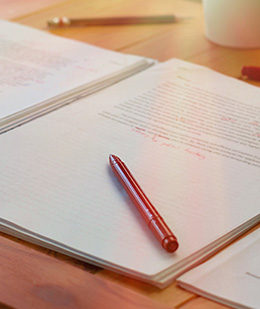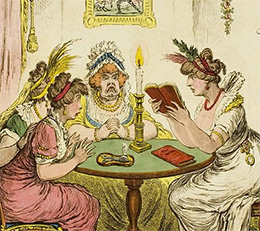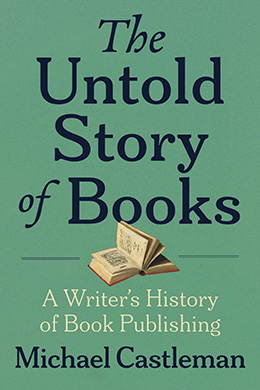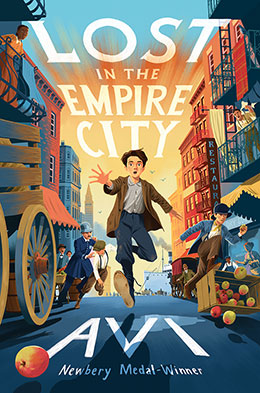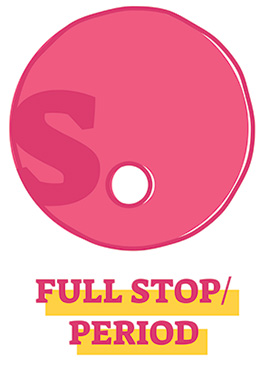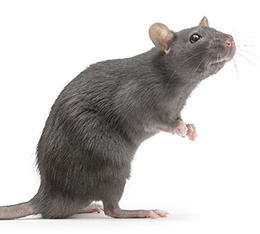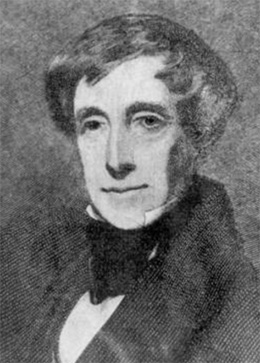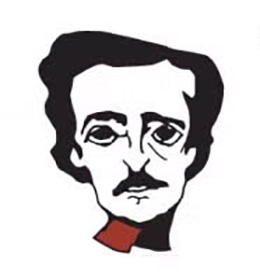
When Nominated for an Edgar Award
In 1975, to my great surprise, No More Magic was nominated for the “Best Juvenile Mystery of the Year,” by the Mystery Writers of America. Back then, new to the world of children’s books, I had never heard of the award or the organization.
